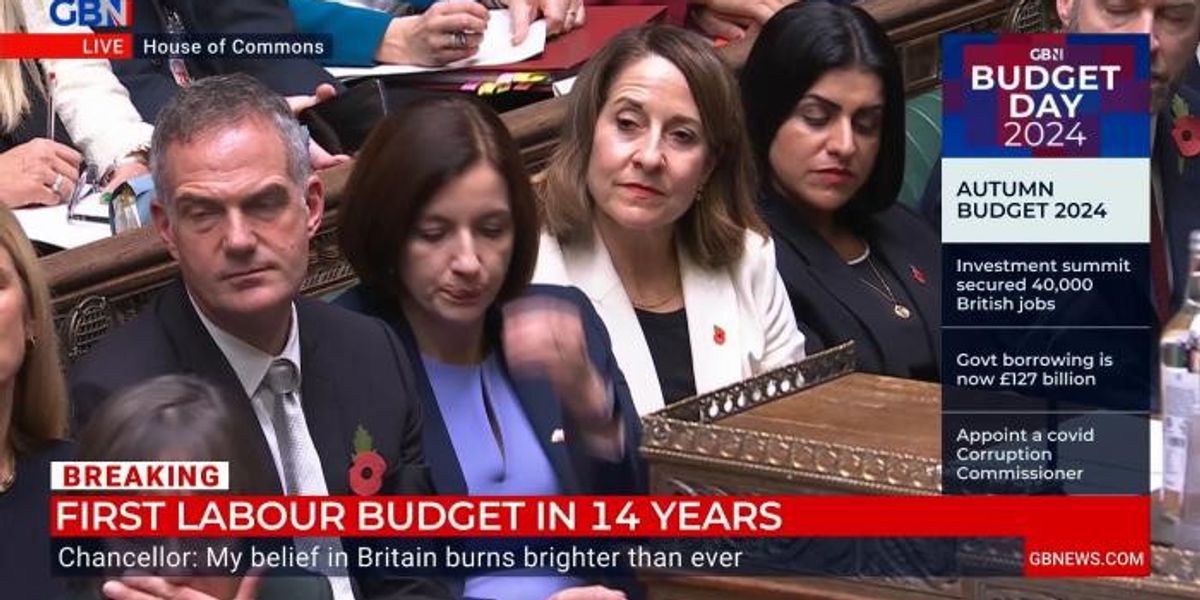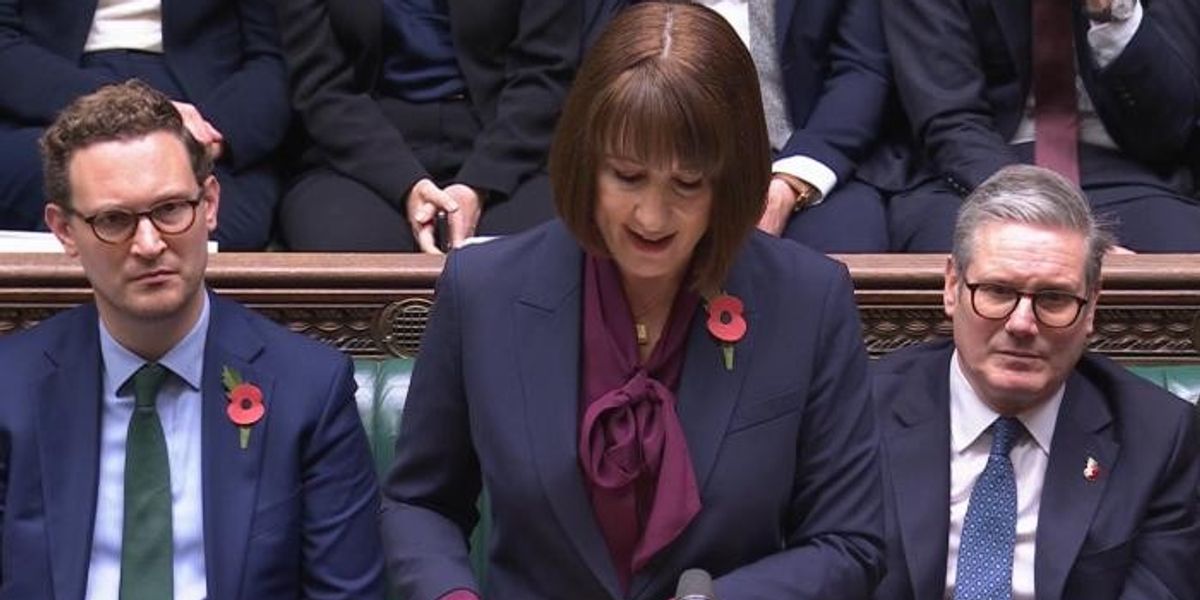Marcus Rashford struggled in 2023-24, but he’s looking confident again for Manchester United in 2024-25. Here, we analyse how his game appears to have evolved.
Whisper it quietly, but Marcus Rashford is looking sharp.
You have to be careful not to get too carried away with the Manchester United forward, because there’s undoubtedly been a volatility to his form for much of his professional career, but a few flickers of the old Rashford have come to the fore this season.
The lightning bursts, the direct running and purposeful forays into the box for which he had once become known for have all been a feature of his game in 2024-25. He’s even dared to crack a smile on occasion, a sight that seemed a rarity during a pretty miserable 2023-24 for both Rashford and United.
Rashford’s performance in Saturday’s defiant 2-1 comeback win over Brentford was the latest – and arguably clearest – sign of his improved state of mind, strutting his stuff on the Old Trafford turf with a positivity and belief that so often seemed to desert him last term.
The standout stat for him from the game was his four chances created from open play, a total he’s only ever bettered three times in a single game in his entire United career, while he last recorded more in a Premier League match (five) against a Cardiff City side who had been relegated a week earlier in May 2019.

Two of those four passes on Saturday were of serious quality as well. The first saw him produce a sweeping cross-field ball to pick out Alejandro Garnacho in space, with the Argentina international subsequently slicing a left-footed effort wide when he should really have tested Mark Flekken. And then there was the gorgeous cross from deep towards the back post, with Garnacho that time taking full advantage with a controlled volley into the roof of the net.

Rashford actually set Garnacho up for three shots; there have only been three instances in the Premier League this season of a player teeing up a specific teammate more in a single game, and two were Cole Palmer to Noni Madueke.
But, as promising as it was to see some obvious understanding between those two, so too was the impetus Rashford brought with his running. He recorded 13 carries – defined as movements of at least five metres with the ball – and those equated to a total carry distance of 182.7m, comfortably his longest of the season in the Premier League.
Similarly, his carry progress of 119.3m was roughly 38m further than in any other top-flight game this term, while he also hit season highs for total progressive carries (those that move the ball at least 5m upfield) with eight and carries of 10m+ (four).

In short, he brought purpose and direction to United’s attacks, routinely putting Brentford’s defence on the back foot and running towards their own goal.
Of course, there is some nuance to bear in mind when analysing carry data – just because a player runs far with the ball doesn’t automatically mean they’ve played well. For instance, Rashford actually carried the ball further in a few games last season. But during Saturday’s game, it felt like he’d been a real force, and the data backs that up in the context of his previous games this term.
Rashford’s work rate without the ball was also notable. He ended up recording 24 pressures over the course of the match; while that was only his third most in a Premier League game this term (25 vs Liverpool and Tottenham), his output against Spurs came in a game that United spent a considerable amount of time down to 10 men and without the ball, meaning he was always more likely to tally pressures.
Probably the most unusual aspect of Rashford’s performance on Saturday was his position, however. It’s no secret that he prefers to play on the left, and yet here he was out on the right. It might not sound like a huge distinction, but so rarely has he been considered as a genuine option on the right side of the attack, and on the few occasions he has played out there in the past, he’s been largely ineffective and even accused of looking disinterested.

But that certainly wasn’t the case this time. There were the cross-field diagonal passes, he picked up positions in the half-space to either cross from deep or link up with teammates around the edge of the box, and he also fed a couple of passes into the right side of the area from the touchline for Diogo Dalot to run on to.
Rashford looked influential even when he wasn’t trying to commit defenders, with his use of the ball both positive and accurate, for the most part.
And yet, it must be reaffirmed that Rashford’s form in general this season has offered encouragement quite regularly.
It was away to Southampton in mid-September that he first looked more like the player everyone knows he can be. His combination play and movement off the ball stood out in particular, linking well with Joshua Zirkzee when the Dutchman went close and then with Amad Diallo prior to testing Aaron Ramsdale himself. He scored with a curling 20-yard effort and might have had another early in the second half were it not for an unfortunate deflection. An additional good save from Ramsdale a little later denied Rashford a spectacular long-range goal.
The goal was his first in six months, which must have been a relief. But even without that, Rashford was lively and effective. This continued the following week in the 7-0 EFL Cup rout of League One side Barnsley. Granted, it was only third-tier opposition, but two more goals came and it felt like he was building up a head of steam. In the media he was being referred to as “rejuvenated”.
But then Erik ten Hag made the strange decision to “rotate” Rashford out of his starting XI for the 0-0 draw at Crystal Palace and some of the player’s momentum dissipated. Sure, there were some more hints of class against Twente, but United were generally poor, and then came the dismantling by Tottenham.
Another very busy showing followed in the 3-3 draw with Porto. A brilliant run led to a fine solo goal to open the scoring before also setting up Rasmus Højlund and although both goals could be attributed to goalkeeping errors, Rashford’s work for both was undeniably praiseworthy.
He probably should have got a second goal just before half-time but was crowded out at the crucial moment at the end of another incisive burst. No additional chances came thereafter as he was bizarrely hooked by Ten Hag at the break as a punishment for not getting close enough to his man for the cross in the build-up to Porto’s first goal.
Ten Hag does place a lot of importance in defensive discipline, and he can’t be seen to be giving special treatment to certain players, but it felt like he was shooting himself in the foot when withdrawing his biggest attacking threat.
Either way, there’s a perception something has changed with Rashford. But how is this manifesting?
For starters, it seems he’s playing with greater selflessness and making better decisions in the final third. Not only is his shot frequency only slightly higher (2.35 per 90) than the lowest it’s ever been (2.28 per 90 in 2021-22), he’s creating opportunities for others at a rate he’s never managed before.
He’s laid on 1.7 chances in open play per 90 this season across all competitions; before 2024-25, the highest that had ever been for a full season was 1.3. Furthermore, he’s laying on 0.64 ‘big chances’ per 90 minutes, a considerably better rate than he’s ever recorded before (next is 0.37 per 90 in 2017-18).
That translates to Rashford averaging 0.19 expected assists (xA – which measures the likelihood of a given pass becoming an assist) per 90, also a personal high in a single season. This means the cumulative quality of the chances he’s creating each match has never been better.
We can also look at his xG assisted in the Premier League, which equates to the xG value of shots taken following chance-creating passes from Rashford and therefore gives us an idea of how dangerous the areas are that he’s passing into. While 1.86 xG assisted in open play might not sound massive, only 11 Premier League players have better records this season and it’s already not far off the 2.25 he recorded in the whole of last term.
Rashford’s crossing is worthy of mention as well because it was again highlighted against Brentford. Six of his 13 deliveries in the Premier League have found a teammate, giving him an open-play cross accuracy (46.2%) that is the joint highest of any player to attempt at least nine this season.
Going back to 2019-20, the most accurate open-play crosses he’s ever recorded in a Premier League season is eight. Furthermore, his 4.1 passes played into the box (including crosses) per 90 is up from 2.9 last term and has only ever been higher in 2016-17 (4.2) and 2017-18 (5.4).

Ten Hag has commented that Rashford is being more professional off the pitch in his training and general life. Only the player can offer insight there, but on the pitch, there’s a sense he’s being more deliberate about his distribution in the final third, opting for precision more often than the power of delivery we’ve perhaps come to expect from him. While that’s possibly rather anecdotal as opposed to being provable, the data lends some credence to that because the evidence suggests he’s standing out as more of a creative outlet.
Of course, the best iteration of Rashford that we’ve ever seen was the one banging goals in for fun in 2022-23. In that respect, it would be tremendous if he managed to record those numbers again.

Admittedly, that seems unlikely. But after looking so downbeat for much of 2023-24, all United fans should just be happy that he once again appears happy, confident and sharp. Beyond that, though, there’s even hints of a new, more mature Rashford in how he’s approaching his work in the final third.
Hopefully, ahead of his imminent 27th birthday, this is the new normal for Rashford as he approaches peak years that are just as likely to be phenomenal as they are thoroughly underwhelming.
Enjoy this? Subscribe to our football newsletter to receive exclusive weekly content. You can also follow our social accounts over on X, Instagram, TikTok and Facebook.









